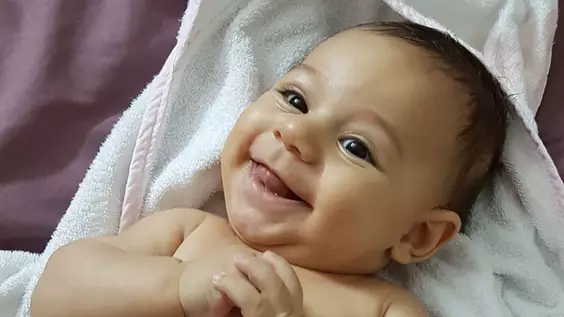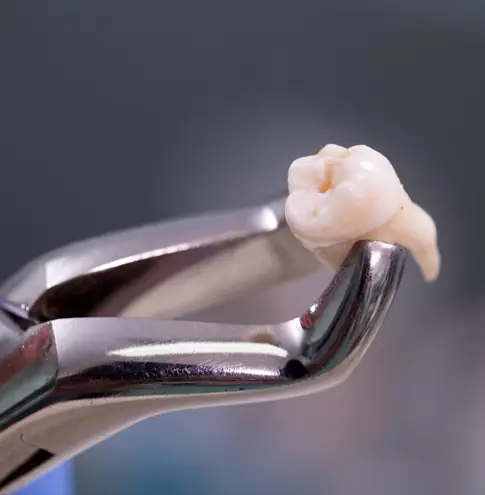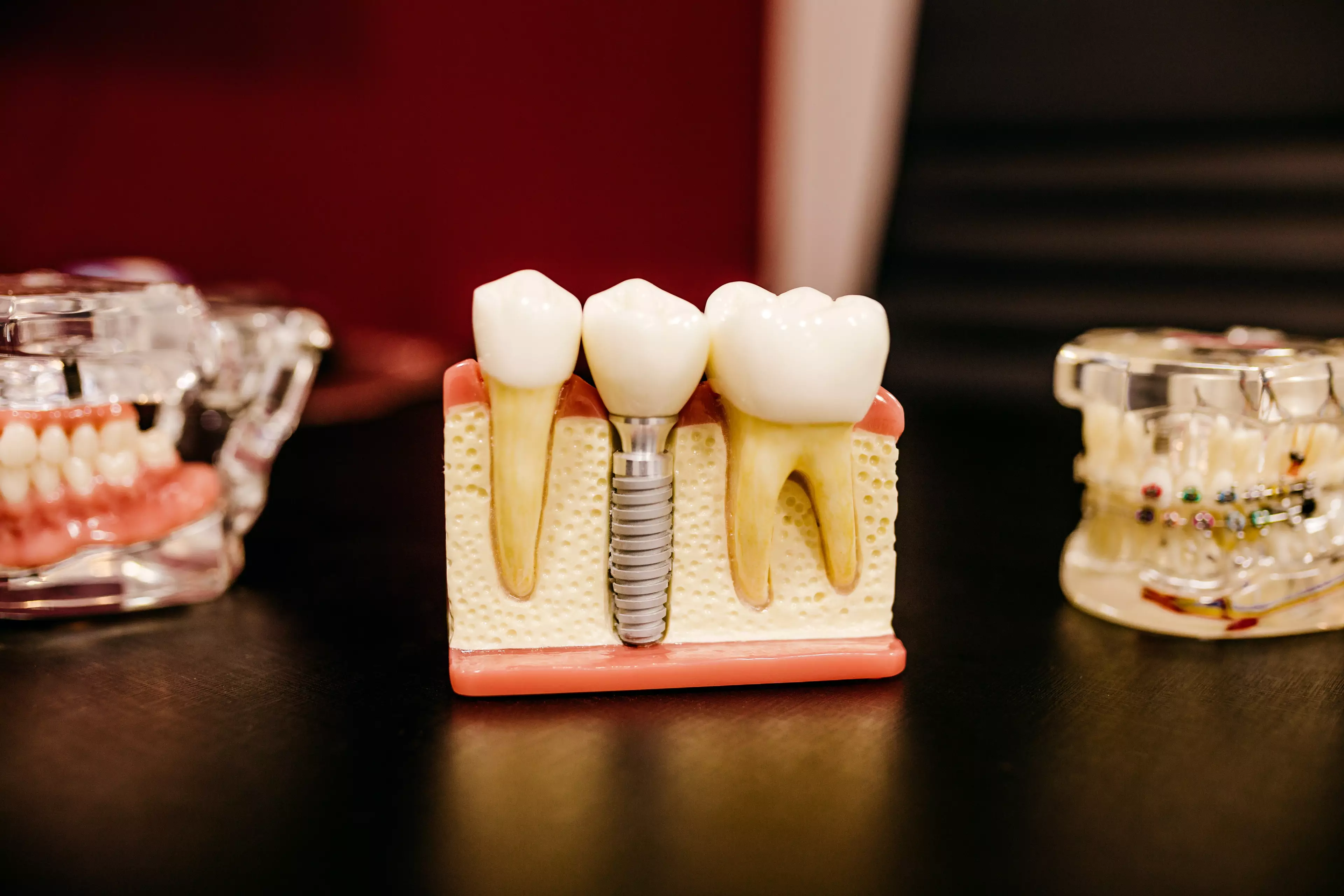
More babies are being born without wisdom teeth due to rapid evolution, a new study has found.
The research, undertaken by a team of Australian scientists and published in the Journal of Anatomy, indicated that humans are evolving faster than they have done in the last 250 years.
Scientists found that babies are being born with shorter faces and smaller jaws, allowing less room for teeth and, more specifically, wisdom teeth.
Advert
The researchers linked the change to our increased ability to chew food effectively and a faster rate of evolution.

Dr Teghan Lucas, of Flinders University in Adelaid, said: "This is happening in time as we have learnt to process foods more.
"A lot of people are just being born without wisdom teeth."
Advert
Wisdom teeth are the final set of teeth to emerge in early adulthood. They usually appear sometime between the ages of 17 and 25.
It's thought that the skulls of our human ancestors had larger jaws containing more teeth - possibly helped to chew foliage and an early diet of human diet of roots, meat, and nuts - but today, we no longer have need of them.
Researchers also discovered that some babies are being born with additional bones in their arms and legs, or with abnormal connections of two or more bones in their feet.

The study, carried out by Lucas alongside University of Adelaide professors Maciej Henneberg and Jaliya Kumaratilake, found a 'significant increase' in the prevalence of the median artery since the late 19th century.
Advert
The artery in question is the main vessel that supplies blood to the forearm and hand.
It forms while a baby is growing in the womb, then disappears during gestation, replaced by two main arteries, radial and ulnar.
However, the scientists discovered that now "increasing numbers" of people "can have all three arteries".
Researchers called this retention of the median artery an "evolutionary trend", saying that it is "a perfect example of how we are still evolving".

"A lot of people thought humans have stopped evolving," said Lucas.
Advert
"But our study shows we are still evolving - faster than at any point in the past 250 years."
Featured Image Credit: Unsplash